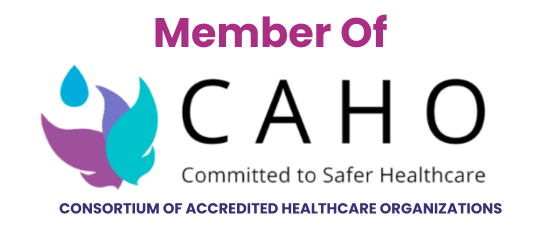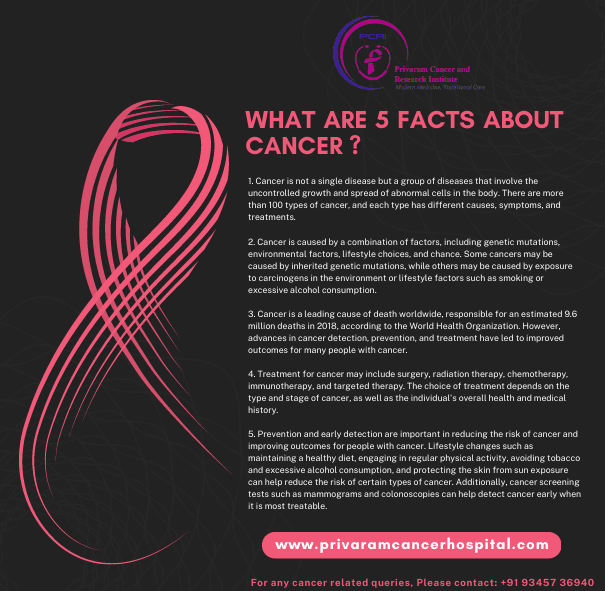1. Cancer is not a single disease but a group of diseases that involve the uncontrolled growth and spread of abnormal cells in the body. There are more than 100 types of cancer, and each type has different causes, symptoms, and treatments.
2. Cancer is caused by a combination of factors, including genetic mutations, environmental factors, lifestyle choices, and chance. Some cancers may be caused by inherited genetic mutations, while others may be caused by exposure to carcinogens in the environment or lifestyle factors such as smoking or excessive alcohol consumption.
3. Cancer is a leading cause of death worldwide, responsible for an estimated 9.6 million deaths in 2018, according to the World Health Organization. However, advances in cancer detection, prevention, and treatment have led to improved outcomes for many people with cancer.
4. Treatment for cancer may include surgery, radiation therapy, chemotherapy, immunotherapy, and targeted therapy. The choice of treatment depends on the type and stage of cancer, as well as the individual’s overall health and medical history.
5. Prevention and early detection are important in reducing the risk of cancer and improving outcomes for people with cancer. Lifestyle changes such as maintaining a healthy diet, engaging in regular physical activity, avoiding tobacco and excessive alcohol consumption, and protecting the skin from sun exposure can help reduce the risk of certain types of cancer. Additionally, cancer screening tests such as mammograms and colonoscopies can help detect cancer early when it is most treatable.




